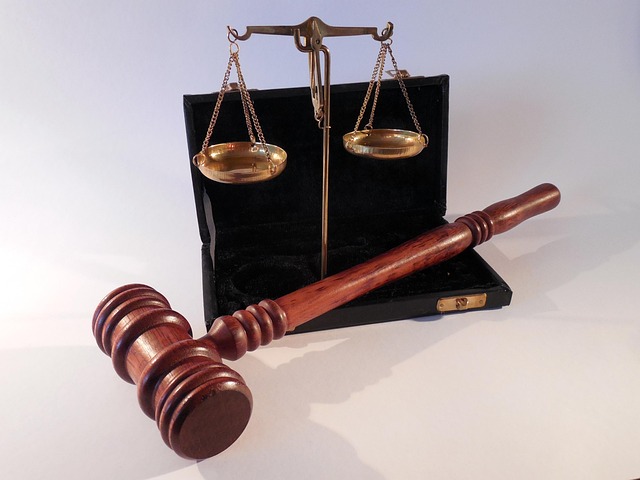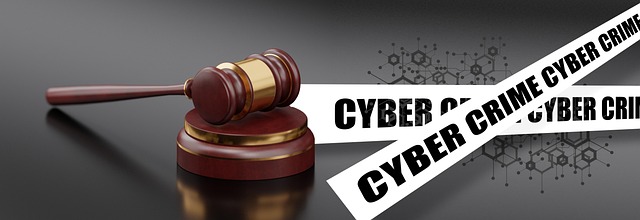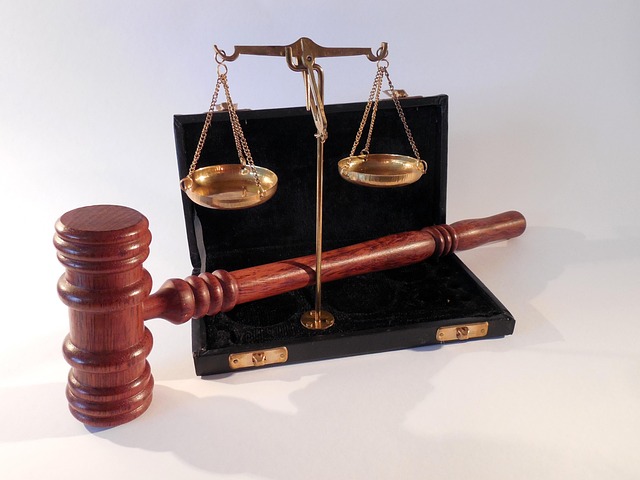Regulatory fraud laws protect integrity in diverse industries, consumers, investors, and the public from deception by promoting fair competition, transparency, and deterring fraudulent activities like false statements, misleading ads, price manipulation, and concealing info. These laws ensure due process rights in criminal trials for accused individuals, fostering trust within business communities. A balanced approach between accountability and due process rights successfully prosecutes fraud while maintaining a transparent and accountable business environment.
Regulatory fraud laws are essential components of maintaining integrity within various industries. This article offers a comprehensive overview of understanding these laws, focusing on critical aspects such as due process rights in criminal trials. We explore procedures designed to balance justice by preventing and punishing fraudulent activities while safeguarding defendants’ constitutional entitlements. By delving into these key sections, readers will gain insights into the intricate web of regulatory fraud enforcement.
- Understanding Regulatory Fraud Laws: A Comprehensive Overview
- Due Process Rights: Protecting Defendants in Criminal Trials
- Balancing Justice: Procedures to Prevent and Punish Fraud
Understanding Regulatory Fraud Laws: A Comprehensive Overview

Regulatory fraud laws are a critical aspect of maintaining integrity within various industries, protecting consumers, investors, and the public from deceptive practices. These laws are designed to ensure fair competition, promote transparency, and deter individuals or entities from engaging in fraudulent activities that can have severe economic and social repercussions. Understanding these regulations is paramount for businesses operating within regulated sectors, as non-compliance can lead to significant legal consequences, including substantial fines, business closures, and damage to reputation.
The concept of regulatory fraud encompasses a wide range of illegal activities, such as false statements, misleading advertising, price manipulation, and concealing material information. In high-stakes cases involving complex transactions and large sums of money, regulatory bodies play a crucial role in upholding the rule of law. They investigate complaints, conduct audits, and impose penalties to ensure that businesses uphold their due process rights in criminal trials while adhering to industry standards. This balance is particularly important for maintaining trust within the respective business communities, including philanthropic and political entities that rely on transparent operations for their success and sustainability.
Due Process Rights: Protecting Defendants in Criminal Trials

In any criminal trial, ensuring due process rights for defendants is paramount. This concept, a cornerstone of fair trials, guarantees individuals facing charges are treated justly and have the opportunity to mount a robust defense. It involves various procedural safeguards designed to protect those accused from arbitrary or unfair government actions. Among these rights, the ability to confront witnesses, access to evidence, and representation by counsel stand out as essential for a meaningful defense.
Across the country, winning challenging defense verdicts has often hinged on upholding these due process rights. An unprecedented track record of successful defenses underscores the importance of safeguarding these principles. By ensuring defendants can present their cases effectively, challenge evidence, and receive a fair hearing, the legal system fosters trust and promotes justice—a cornerstone of any robust democracy.
Balancing Justice: Procedures to Prevent and Punish Fraud

In the pursuit of justice, a delicate balance must be struck between holding wrongdoers accountable and ensuring that due process rights in criminal trials are respected. Regulatory fraud laws are designed to accomplish this by establishing comprehensive procedures for preventing and punishing fraudulent activities while safeguarding the legal entitlements of all parties involved. An unprecedented track record of successful prosecutions has been achieved through these measures, demonstrating their effectiveness across various corporate and individual clients’ respective businesses.
These procedures encompass a multi-faceted approach, from stringent investigative protocols to robust adjudicative processes. They are tailored to uncover intricate fraud schemes, ensuring that every aspect of the crime is thoroughly examined. At the same time, they maintain fairness by providing accused entities with ample opportunities to present their defenses and challenge evidence, thereby upholding the integrity of the legal system. This balanced approach has proven instrumental in fostering a business environment characterized by transparency and accountability.
In the fight against regulatory fraud, a delicate balance must be struck between preventing and punishing fraudulent activities while safeguarding due process rights. As this article has explored, understanding and adhering to Regulatory Fraud Laws are paramount for both businesses and legal professionals. By employing fair and transparent procedures, we can ensure justice is served without compromising the fundamental principles of due process in criminal trials. This holistic approach fosters a more robust and equitable system, protecting both consumers and legitimate entities alike.






